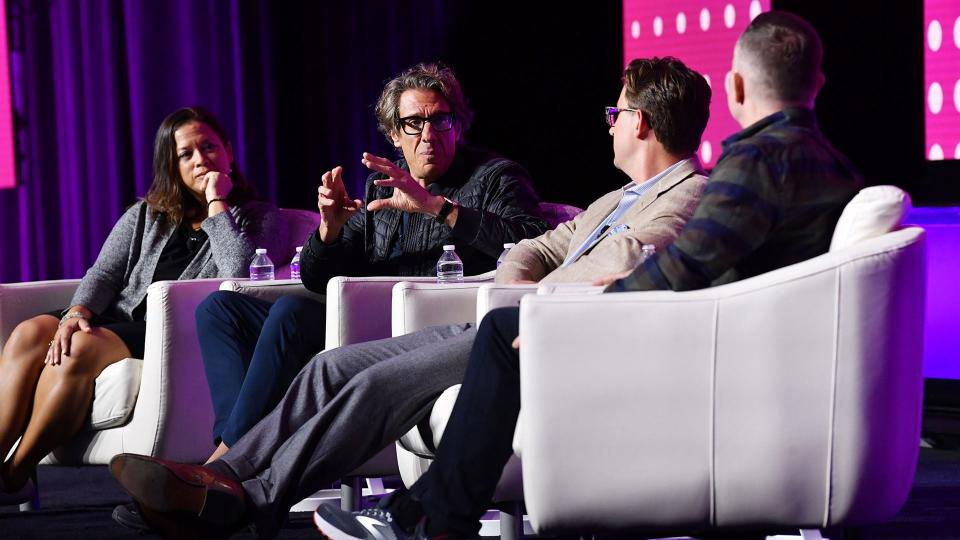Zenrock Aims to Calm Users' DeFi Wobbles With Decentralized Custody Offering

Decentralized finance adoption has been slow due to security concerns about using the new technology, Zenrock says.
Zenrock aims to address the one-point-of-failure risk with existing custody models by operating a decentralized MPC wallet.
DeFi hacks remain a major threat to the crypto industry, according to blockchain security firm Halborn.
Zenrock, the crypto custody platform built on the remains of Qredo, plans to ease concerns over the security of decentralized finance (DeFi) and accelerate the industry's growth by teasing users away from centralized offerings with a safer way of looking after their assets.
Investors use centralized exchanges (CEX) and exchange-traded funds (ETFs) because they have a fear of operating in the DeFi world, Chairman Dan Tapiero said in an interview. Even active degens in the crypto space are nervous about using DeFi, he said.
The problem with existing custody models is that investors still risk a central point of failure with the custodian holding their digital assets. Zenrock aims to address this problem with private keys managed through a decentralized multiparty computation (MPC) wallet. MPC wallets split and distribute private keys among several parties, removing the one-point-of-failure weakness.
Users' fears have a basis in the real world. Decentralized finance hacks remain a major threat to the industry, according to a recent report by blockchain security firm Halborn. Off-chain hacks including the theft of private keys are increasing and accounted for almost 60% of the amount stolen in 2023, Halborn noted. Cross-chain bridges remain a key attack vector for bad actors, it said.
“We can be the security solution in the DeFi and on-chain worlds for cross-chain transactions,” Zenrock CEO Randy Little said in an interview.
The company has designed a hybrid security model whereby the protocol is secured by its own token and by EigenLayer. Zenrock is “renting the economic security in Ethereum from EigenLayer, giving a purpose to this restaked ether,” Little said.
Zenrock plans to use a transaction model and the technology will be made available to developers, institutions and individual investors. The platform is currently in testnet phase and plans to launch later in the year.
Tapiero’s 10T Holdings (10T) and 1RoundTable Partners (1RT) announced the acquisition of substantial assets of Qredo in February after leading a bridge financing round. Little is a partner in both the firms.
“The series of transactions that we did to restructure Qredo into Zenrock has not been done before in the crypto space and included a combination of private lending, debt financing, bankruptcy/administration workout, restructuring, operating, product buildout and soon a mainnet launch,” Tapiero said.
“We are the first to bring practices from the traditional private equity world and apply them to the new digital asset world,” Tapiero said, adding that “many of the traditional finance (TradFi) private equity firms will follow in the years to come.”
Zenrock announced on Aug. 19 the introduction of a decentralized wrapped bitcoin token, called zenBTC.
The crypto custody firm is also backed by the Spartan Group and Maven 11.
